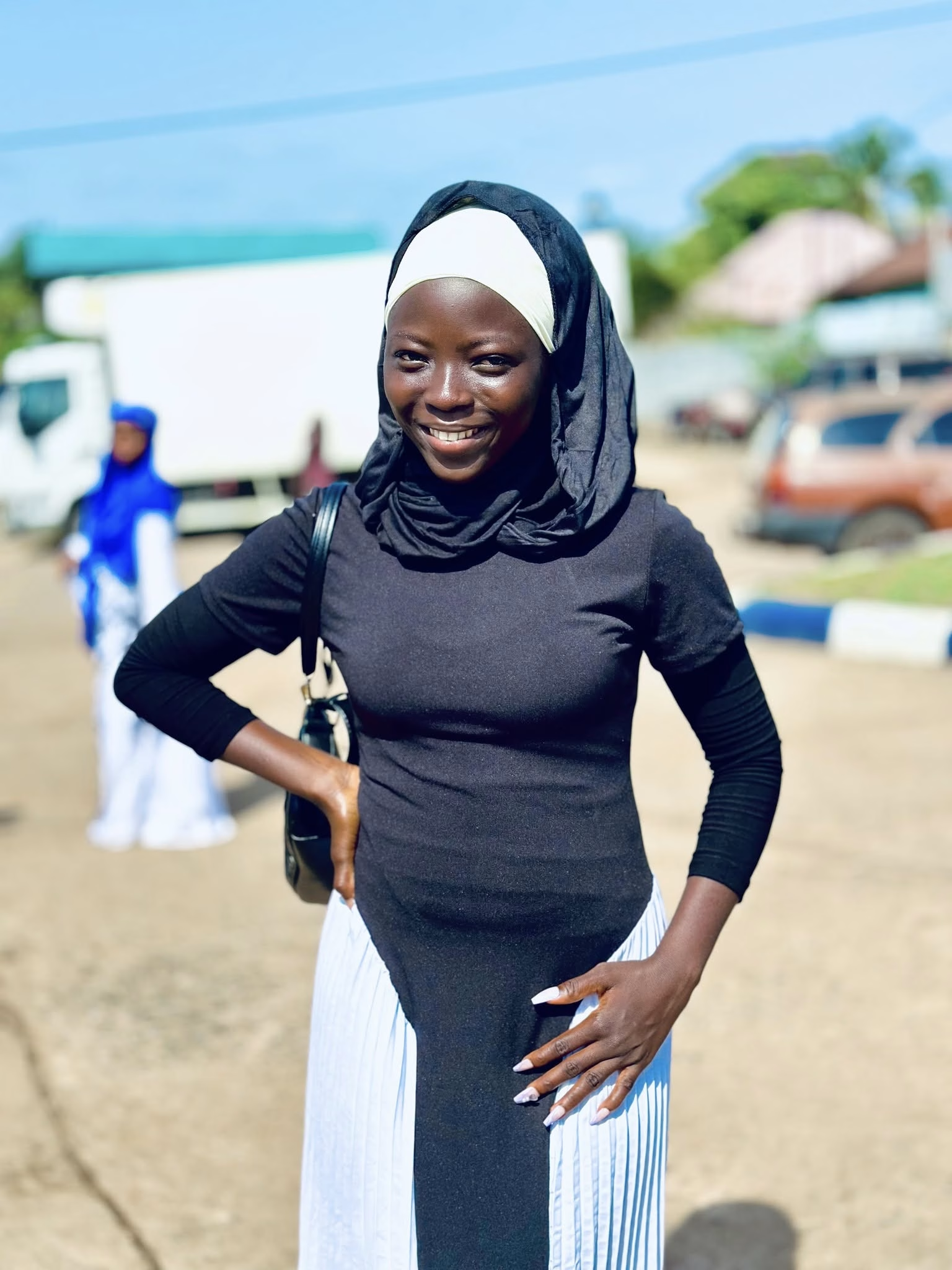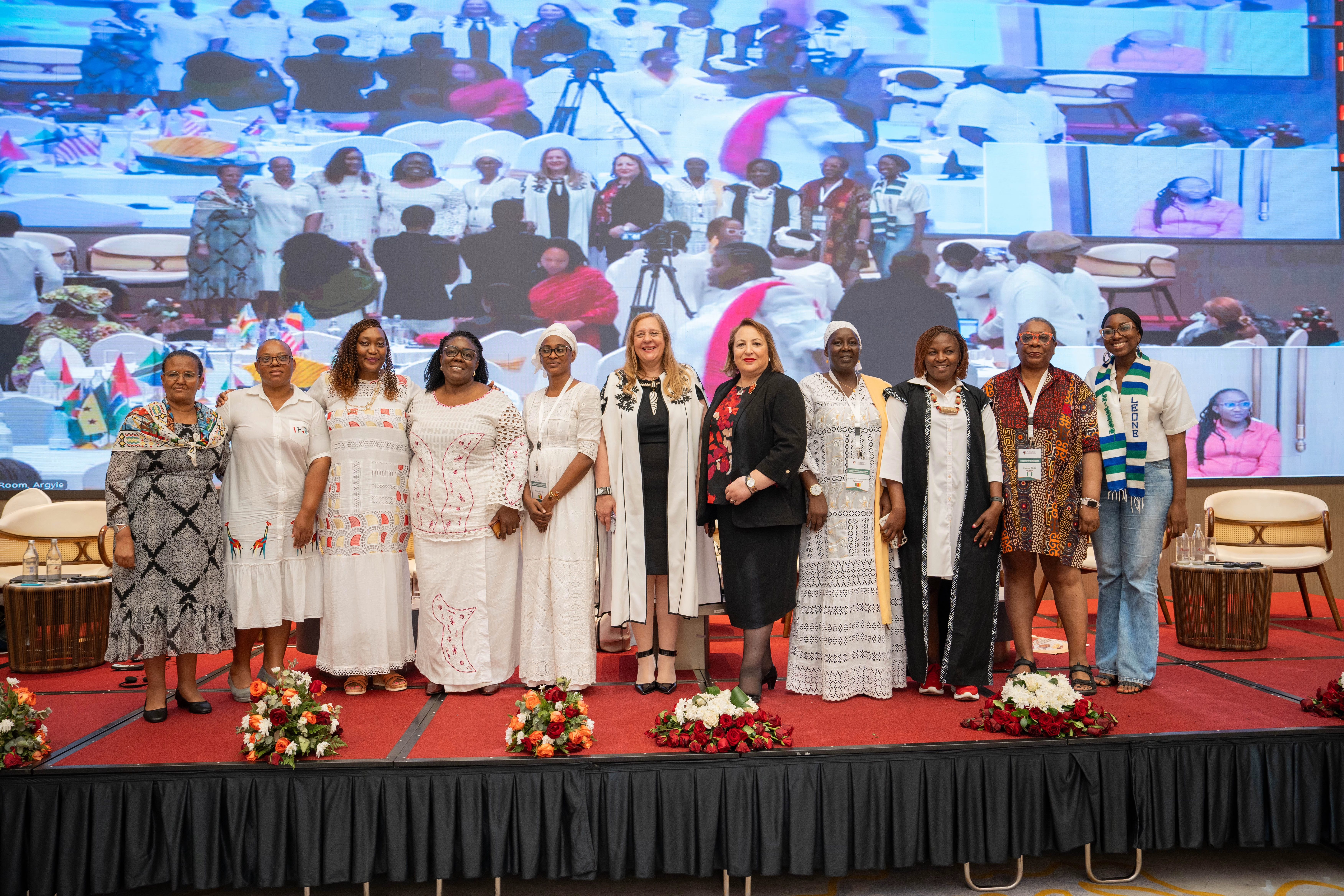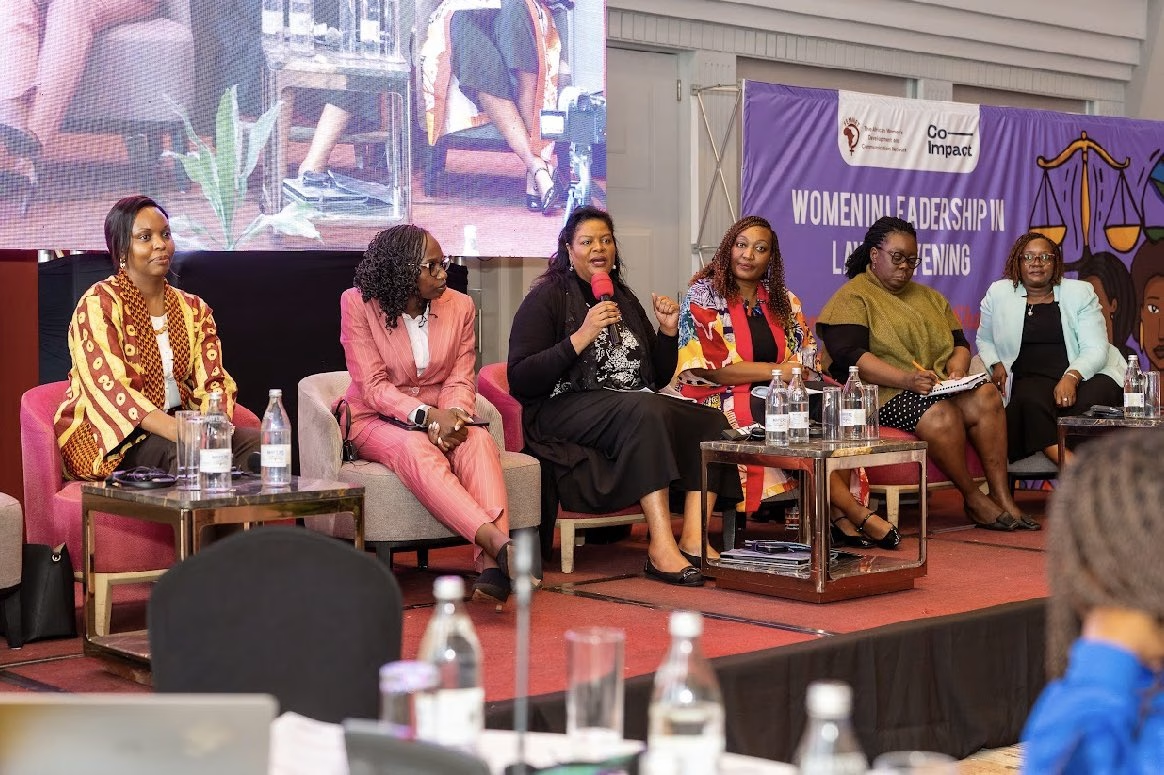
Women Leading in Shaping Justice Across Generations
Across Africa, women continue to make remarkable strides in law and justice, but their progress is still slowed by deeply entrenched barriers. While women constitute an average of 40% of judges across the continent, their representation thins at the upper ranks of power, where the most consequential decisions are made. Many women remain clustered in lower courts and are systematically excluded from apex leadership roles. Cultural stereotypes, opaque appointment systems, unequal pay, and harassment continue to stand in the way of a fully inclusive legal profession. As one participant at the recent Women in Leadership in Law convening put it, “We have numbers, but numbers alone do not transform systems. Transformation requires power, visibility, and influence.”
It is against this backdrop that FEMNET, in partnership with Co-Impact, hosted a historic convening from July 14th to 16th, 2025, in Nairobi, Kenya, under the theme “Women Leading in Shaping Justice Across Generations.” The gathering brought together feminist leaders, jurists, advocates, and media professionals from across Africa and beyond, creating a powerful space to share experiences, map challenges, and design solutions. More than an event, the convening was a deliberate problem-solving platform: a recognition that intergenerational leadership is vital if women are to continue reshaping law and justice on the continent. Senior women jurists offered reflections on decades spent breaking barriers, while younger lawyers contributed fresh energy and strategies rooted in the digital age. Together, they made clear that mentorship, solidarity, and collective vision are the cornerstones of feminist leadership in law.
Memory Kachambwa, FEMNET Executive Director, added: “Young leaders are not merely the promise of tomorrow; they are the driving force of today, actively carrying the mantle of change. It is through their vision and dedication that progress is forged. Furthermore, we firmly believe that when women lead, justice prevails. Their unique perspectives and approaches are essential in shaping a more equitable and just society for all.”
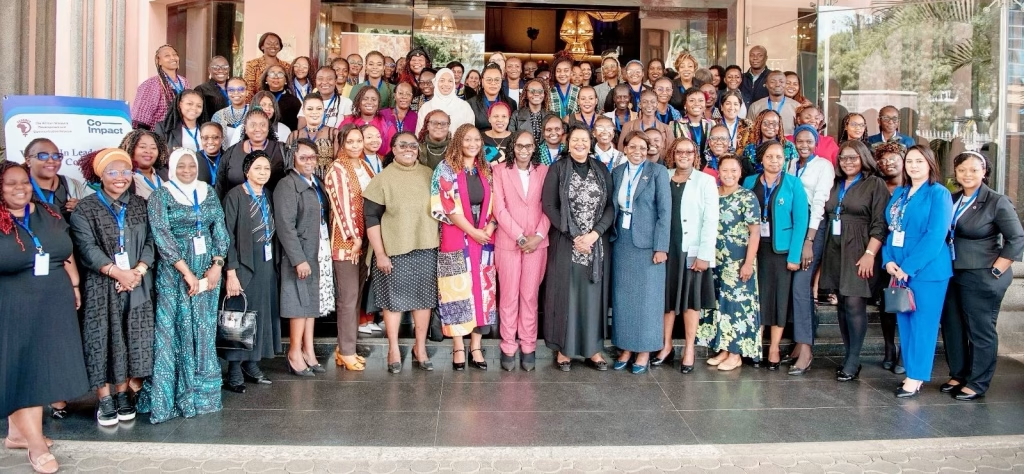
Participants during the Women in Leadership in Law convening, in Nairobi, Kenya.
The convening also offered a moment to take stock of milestones achieved across Africa. In Angola, nearly half of all judges are women, while Rwanda continues to lead the world in political representation, with women holding over 61% of parliamentary seats. In South Africa, the appointment of Justice Mandisa Maya as Chief Justice in 2024 marked a watershed moment for gender justice. In Kenya, women now comprise over 30% of the legal profession, and the appointment of Chief Justice Martha Koome in 2021 positioned the country as a beacon of progress.
Kenya’s Chief Justice Martha Koome hailed the journey towards gender inclusivity in the country’s justice system evolution. CJ Koome, Kenya’s first female President of the Supreme Court, while reflecting on the country’s legal history, noted the milestones achieved in recognizing women’s leadership in the legal system.
“Allow me to begin by reflecting on Kenya’s legal history as it relates to gender equality and access to justice — a journey that mirrors the evolution of many legal systems across Africa. It is a story of exclusion and inclusion, of challenge and transformation,” CJ Koome noted in the speech.
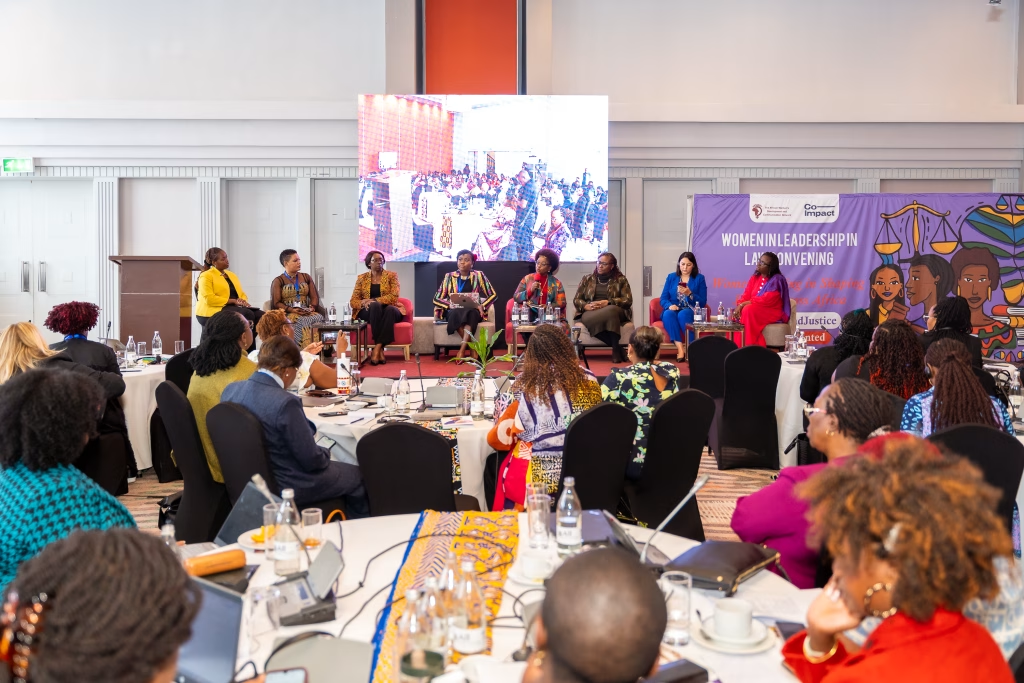
Also gracing the three-day conference was Law Society of Kenya (LSK) President Faith Odhiambo, who said; “As an advocate who has been in the profession for almost two decades, I have seen the law operate as both a sword and a shield—a means to protect rights, and regrettably, at times, a tool to entrench exclusion. I have seen women rise, but I have also seen them forced to work twice as hard, speak twice as loud, and climb twice as steep a hill just to be heard—let alone lead.”
These achievements prove that progress is not only possible but deeply transformative. Yet, the work ahead is urgent and unfinished. Participants at the convening underscored that while numbers are important, they are not enough to dismantle entrenched inequalities. True transformation requires systemic change. It means embedding mentorship and intergenerational networking as part of legal culture. It means ensuring transparent appointment and promotion processes so women can ascend to senior positions based on merit and fairness. It means adopting gender-sensitive workplace policies that protect women from harassment, bridge pay gaps, and allow them to balance professional and personal responsibilities. And it means investing in feminist legal reforms, leadership training, and advocacy networks that will sustain women’s leadership long into the future.
Beyond the courtroom, participants highlighted the central role of media and communications in shifting narratives and elevating women’s leadership. One of the most dynamic sessions was a media masterclass led by Mildred Ngessa, a Media and Communications Consultant, where FEMNET unveiled a groundbreaking resource: the Women in Leadership in Law Media Toolkit. This toolkit is designed as a practical guide for journalists and media practitioners to amplify the visibility of women in law and justice, ensuring their invaluable contributions and African feminist insights are heard loud and clear. By equipping the media with tools to tell these stories responsibly and powerfully, the toolkit strengthens the bridge between women’s legal leadership and public awareness, reshaping perceptions and inspiring future generations. As Ngessa emphasized, “Women are shaping justice every day across this continent, but too often their contributions are hidden. This toolkit ensures their voices and African feminist insights are heard loud and clear.” By equipping media professionals to tell these stories with accuracy and respect, the toolkit bridges the gap between women’s legal leadership and public awareness, ensuring their work inspires the next generation.
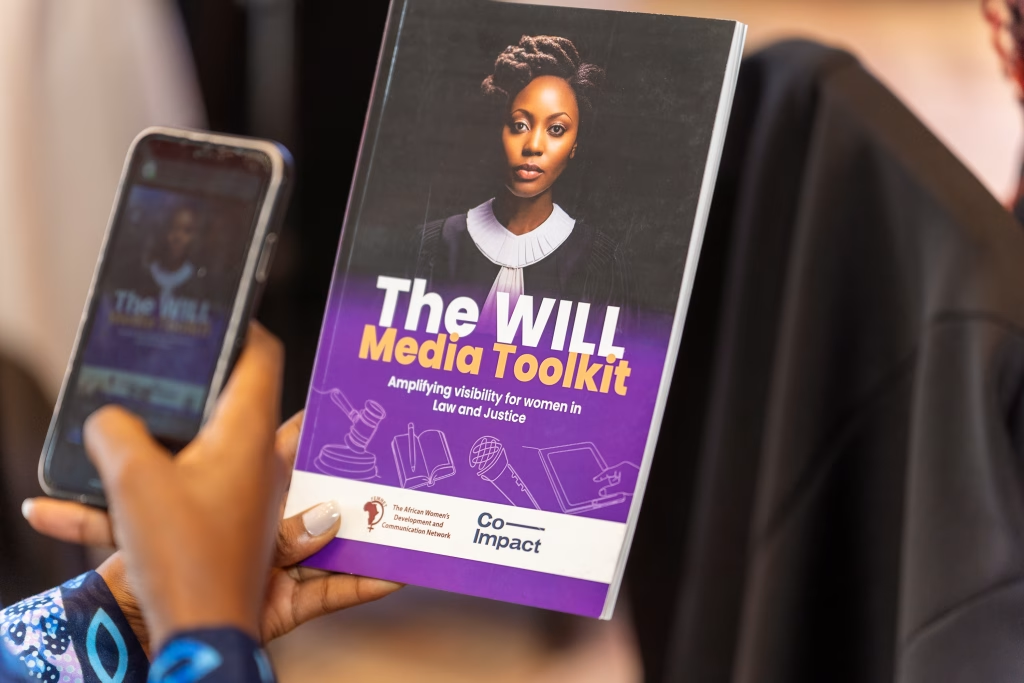
The Nairobi convening reminded us that women across Africa are not just breaking glass ceilings; they are reconstructing the very foundations of justice. From trailblazers like Ellen Johnson Sirleaf, who mentors women leaders through the Amujae Initiative, to rising young advocates bringing bold ideas into legal spaces, the continent is rich with examples of women shaping justice across generations. As one young lawyer at the convening remarked, “When we walk together across generations, we do not just inherit progress—we multiply it.”
For FEMNET, this is the essence of intergenerational leadership: building bridges between the wisdom of those who came before and the innovation of those who are rising now. The convening was not the conclusion of a conversation but the strengthening of a movement. Women in law are rewriting Africa’s story, ensuring that justice is grounded in equality, care, and resilience. Our task is to sustain this momentum, amplify these voices, and create systems that future generations of women will not have to fight to access, but will find ready to embrace them. The future of law and justice in Africa is being written now—by women leading across generations. Together, we rise.
Related Tags
Related Posts
Watta Konneh: A Young Liberian Champion for Girls’ Rights
In a country where gender inequality remains a persistent challenge, young leaders like Watta Konneh are stepping up
Learn MoreFEMNET Announces New Board Members to Spearhead Gender Equality and Women’s Empowerment in Africa
Nairobi, Kenya – June 27, 2025 – The African Women’s Development and Communication Network (FEMNET) proudly congratulates the
Learn More
